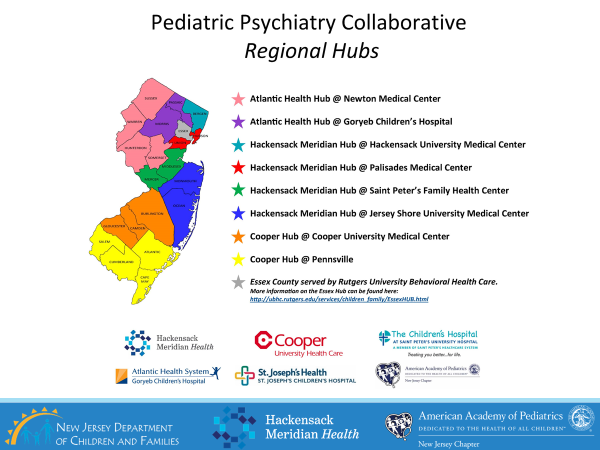 Screening is a critical tool that is used to promote a lifestyle change, to reduce the risk of a chronic disease, and to detect an illness early so that it can be treated effectively.1 Although screening has been used for mostly physical conditions, health professionals have seen screenings to be beneficial for mental health and substance dependency as well. SBIRT (Screening, Brief Intervention, and Referral to Treatment) is a set of tools that can help identify alcohol or drug problems in adults and young people, and support intervention if a problem exists.2 Studies show that teenagers who use drugs or alcohol before age 15 are four times more likely to develop an addiction than those who begin using at age 21 or older.2 By utilizing SBIRT, professionals can detect substance misuse and intervene early.
Screening is a critical tool that is used to promote a lifestyle change, to reduce the risk of a chronic disease, and to detect an illness early so that it can be treated effectively.1 Although screening has been used for mostly physical conditions, health professionals have seen screenings to be beneficial for mental health and substance dependency as well. SBIRT (Screening, Brief Intervention, and Referral to Treatment) is a set of tools that can help identify alcohol or drug problems in adults and young people, and support intervention if a problem exists.2 Studies show that teenagers who use drugs or alcohol before age 15 are four times more likely to develop an addiction than those who begin using at age 21 or older.2 By utilizing SBIRT, professionals can detect substance misuse and intervene early.
SBIRT begins with an evidence-based verbal, written, or online screening tool, such as the AUDIT or CRAFFT. Screenings can occur in primary care centers (during an annual physical examination), schools, clinics, college campuses, and community-based organizations. It is suggested that licensed health professionals, paraprofessionals such as health educators, or individuals trained in brief intervention strategies conduct the screening.2 If the screening tool shows that a youth may be abusing alcohol or another drug, this is an indication that some sort of brief intervention should take place.
Brief intervention is usually coupled with motivational interviewing, a client-centered conversation aimed at helping individuals to explore and resolve their ambivalence about their substance use and move through the stages of change.3 Motivational interviewing expresses empathy, avoids argument, accepts a resistance to change, and promotes confidence.3 Brief interviewing involves one to five counseling sessions that last for about five to fifteen minutes each. The goal is that after these sessions, the youth will significantly decrease or stop using alcohol or other drugs. If abuse persists, the youth will be referred to treatment which can provide a higher level of care.
Studies conducted in emergency departments, primary care settings, and schools have shown some reduction in youth alcohol and marijuana misuse when SBIRT was utilized, but more research needs to be done.4 Although implementing SBIRT with youth in a health care setting may seem overwhelming, clinical practices may be able to bill insurance companies for the screening which can serve as an incentive. As mental health illnesses and substance misuse continue to rise among youth, the hope is that SBIRT can help to detect problems early and prevent alcohol and drug dependency.
Currently, the New Jersey Departments of Children & Families (DCF) and Health (DOH) are supporting the development of a statewide system with nine regional Hubs as a referral resource for primary care pediatric providers to receive specialist consultation when the screening of a child or teen (up to 18 years of age) indicates the presence of any mental/behavioral health or addiction issue.
A licensed pediatric psychiatrist is available via telephone or telehealth systems statewide. The 9 Hubs are located at:
- Newton Medical Center;
- Goryeb Children’s Hospital;
- Hackensack University Medical Center;
- Palisades Medical Center;
- Saint Peter’s Family Health Center;
- Jersey Shore University Medical Center;
- Cooper University Medical Center;
- Cooper @ Pennsville; and,
- Rutgers University Behavioral Health Care.

References
1. Hopkins Medicine. (2019). Screening Tests for Common Diseases.
2. Community Catalyst. (2014). What is Youth SBIRT? (PDF)
3. MA SBIRT. (2012). SBIRT: A Step-By-Step Guide. (PDF)
4. Mitchell, S., Gryczynksi, J., O’Grady, K., & Schwartz, R. (2013). SBIRT for adolescent drug and alcohol use: Current status and future directions. Journal of Substance Abuse Treatment, 44(5).




